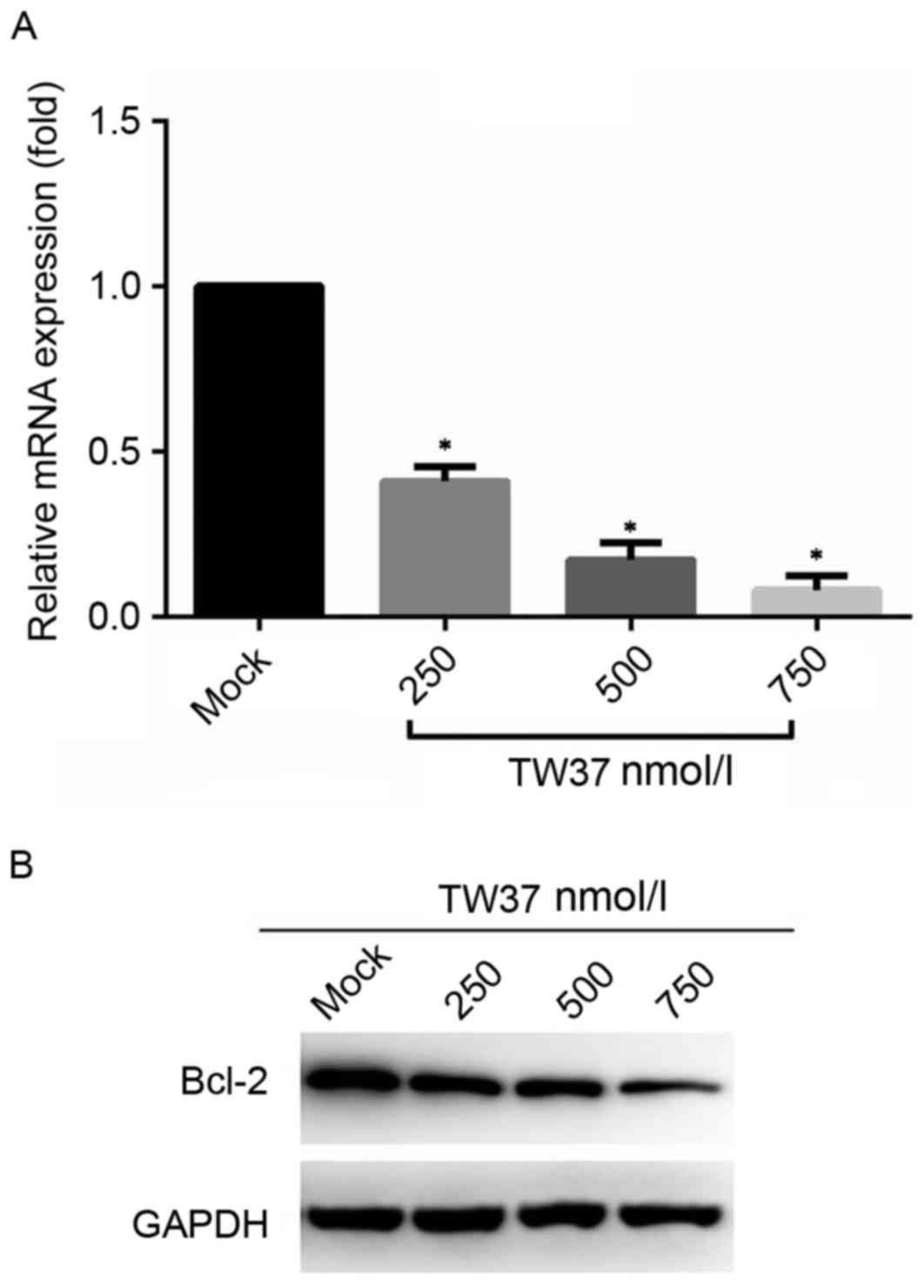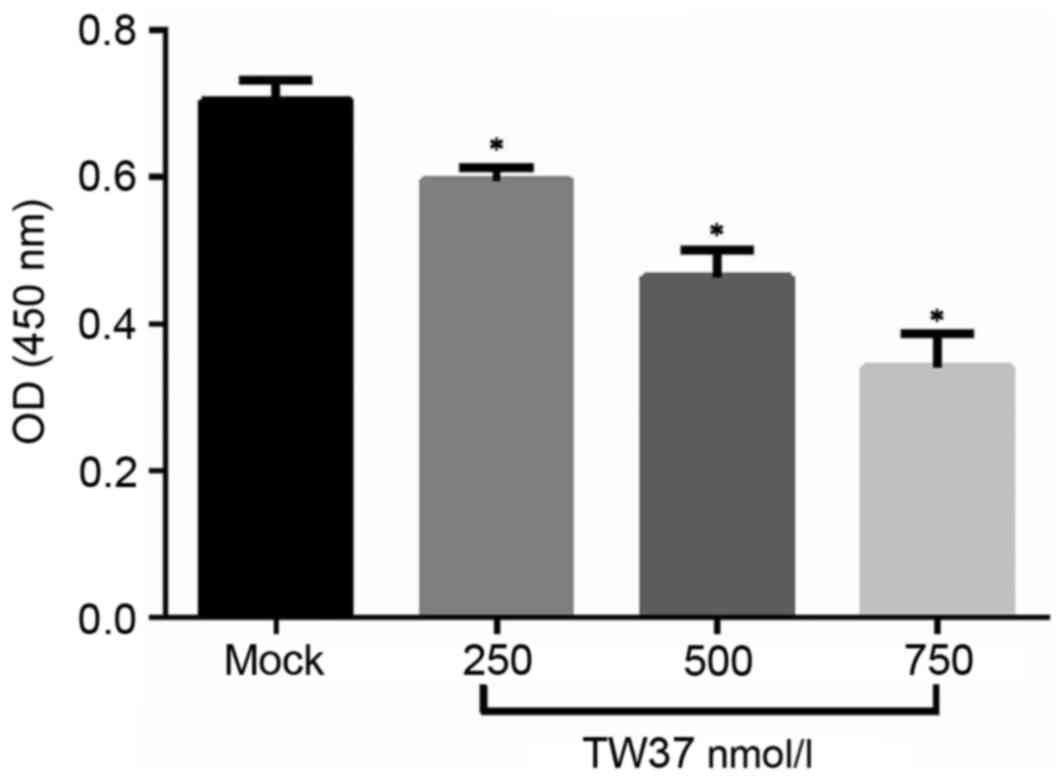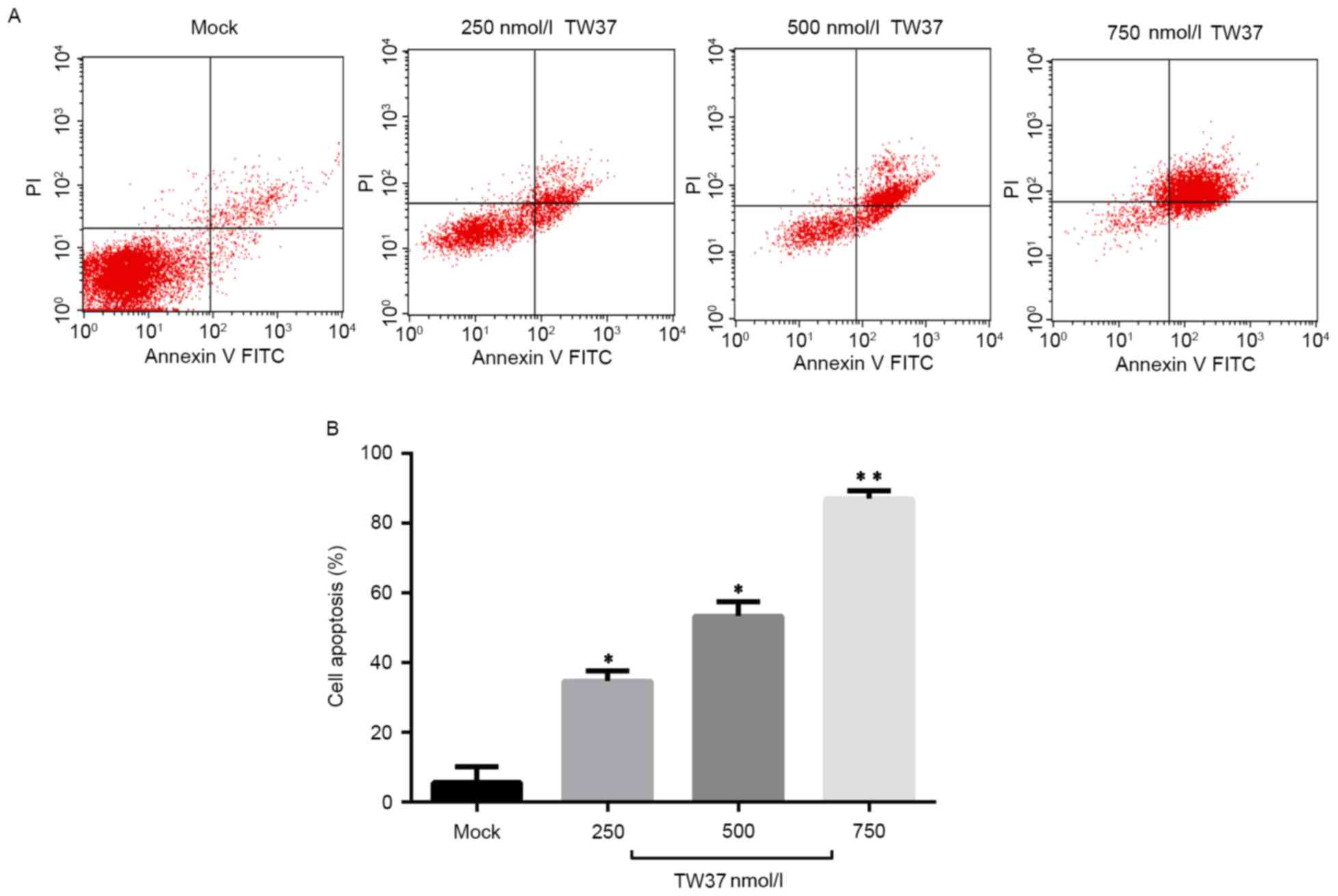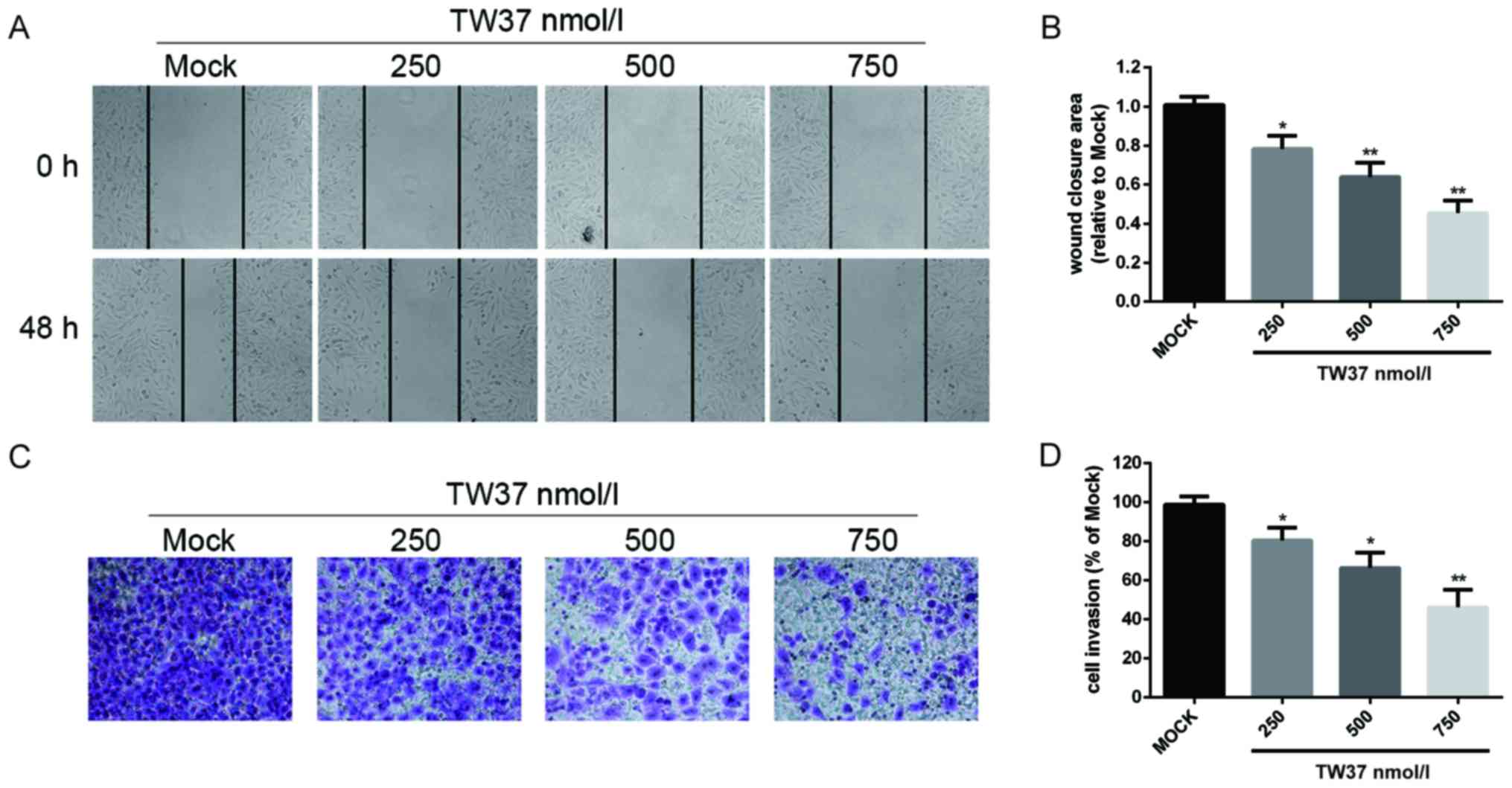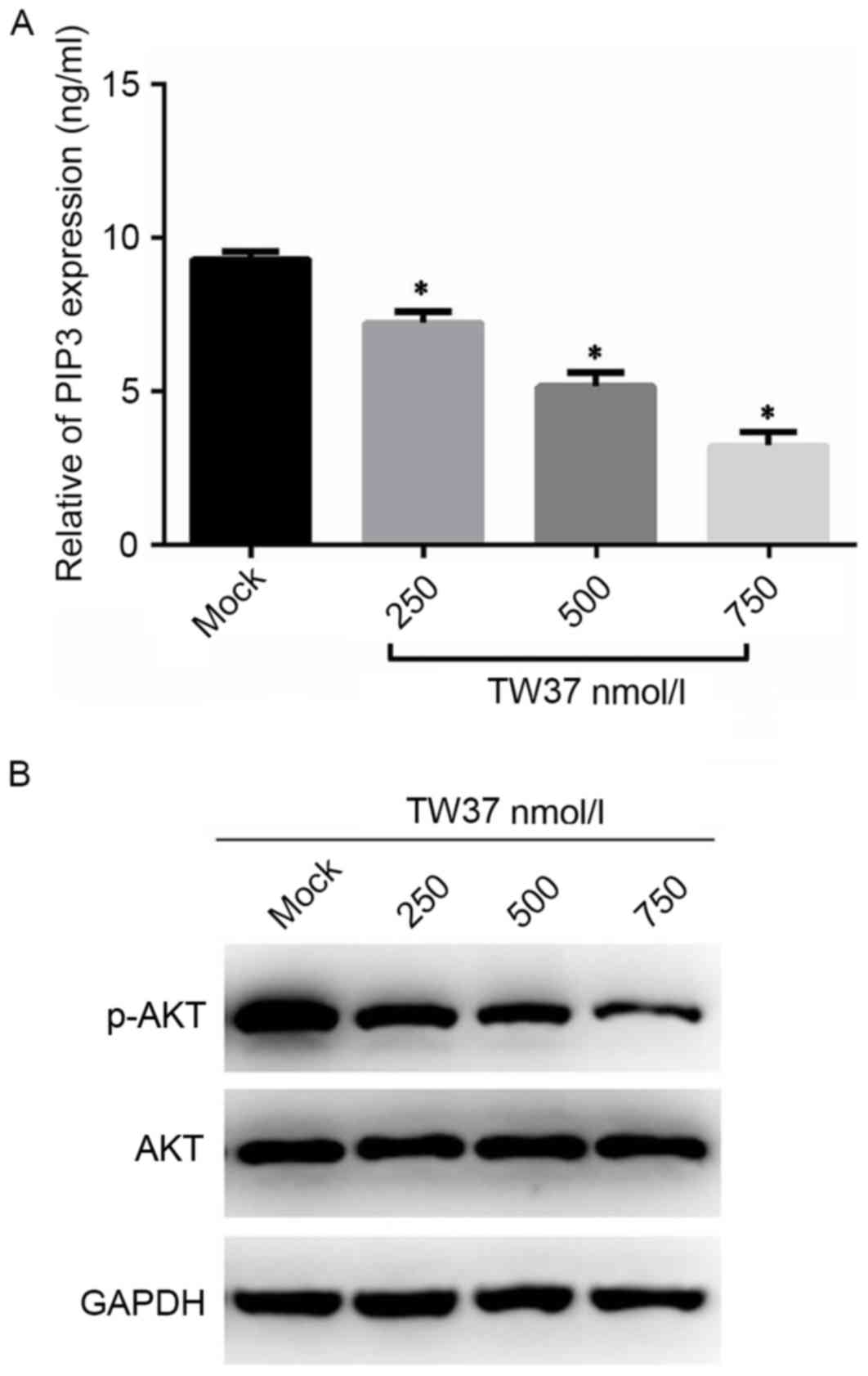|
1
|
Révész D, Engelhardt EG, Tamminga JJ,
Schramel FMNH, Onwuteaka-Philipsen BD, van de Garde EMW, Steyerberg
EW, Jansma EP, De Vet HCW and Coupé VMH: Decision support systems
for incurable non-small cell lung cancer: A systematic review. BMC
Med Inform Decis Mak. 17:17–144. 2017. View Article : Google Scholar : PubMed/NCBI
|
|
2
|
Yang L, Parkin DM, Li LD, Chen YD and Bray
F: Estimation and projection of the national profile of cancer
mortality in China: 1991–2010. Br J Cancer. 90:2157–2166. 2004.
View Article : Google Scholar : PubMed/NCBI
|
|
3
|
Swami U, Shah U and Goel S: Eribulin in
non-small cell lung cancer: Challenges and potential strategies.
Expert Opin Investig Drugs. 26:495–508. 2017. View Article : Google Scholar : PubMed/NCBI
|
|
4
|
Berhoune M, Banu E, Scotte F, Prognon P,
Oudard S and Bonan B: Therapeutic strategy for treatment of
metastatic non-small cell lung cancer. Ann Pharmacother.
42:1640–1652. 2008. View Article : Google Scholar : PubMed/NCBI
|
|
5
|
Zhang L, Li J, Hu J, Li D, Wang X, Zhang
R, Zhang H, Shi M and Chen H: Cigarette smoke extract induces
EGFR-TKI resistance via promoting EGFR signaling pathway and ROS
generation in NSCLC cell lines. Lung Cancer. 109:109–116. 2017.
View Article : Google Scholar : PubMed/NCBI
|
|
6
|
Inoue A, Kobayashi K, Maemondo M, Sugawara
S, Oizumi S, Isobe H, Gemma A, Harada M, Yoshizawa H, Kinoshita I,
et al: Updated overall survival results from a randomized phase III
trial comparing gefitinib with carboplatin-paclitaxel for
chemo-naïve non-small cell lung cancer with sensitive EGFR gene
mutations (NEJ002). Ann Oncol. 24:54–59. 2013. View Article : Google Scholar : PubMed/NCBI
|
|
7
|
Mitsudomi T, Morita S, Yatabe Y, Negoro S,
Okamoto I, Tsurutani J, Seto T, Satouchi M, Tada H, Hirashima T, et
al: Gefitinib versus cisplatin plus docetaxel in patients with
non-small-cell lung cancer harbouring mutations of the epidermal
growth factor receptor (WJTOG3405): An open label, randomised phase
3 trial. Lancet Oncol. 11:121–128. 2010. View Article : Google Scholar : PubMed/NCBI
|
|
8
|
Rosell R, Carcereny E, Gervais R,
Vergnenegre A, Massuti B, Felip E, Palmero R, Garcia-Gomez R,
Pallares C, Sanchez JM, et al: Erlotinib versus standard
chemotherapy as first-line treatment for European patients with
advanced EGFR mutation-positive non-small-cell lung cancer
(EURTAC): A multicentre, open-label, randomised phase 3 trial.
Lancet Oncol. 13:239–246. 2012. View Article : Google Scholar : PubMed/NCBI
|
|
9
|
Sequist LV, Yang JC, Yamamoto N, O'Byrne
K, Hirsh V, Mok T, Geater SL, Orlov S, Tsai CM, Boyer M, et al:
Phase III study of afatinib or cisplatin plus pemetrexed in
patients with metastatic lung adenocarcinoma with EGFR mutations. J
Clin Oncol. 31:3327–3334. 2013. View Article : Google Scholar : PubMed/NCBI
|
|
10
|
Pao W and Chmielecki J: Rational,
biologically based treatment of EGFR-mutant non-small-cell lung
cancer. Nat Rev Cancer. 10:760–774. 2010. View Article : Google Scholar : PubMed/NCBI
|
|
11
|
Su JC, Lin KL, Chien CM, Tseng CH, Chen
YL, Chang LS and Lin SR: Naphtho[1,2-b]furan-4,5-dione inactivates
EGFR and PI3K/Akt signaling pathways in human lung adenocarcinoma
A549 cells. Life Sci. 86:207–213. 2010. View Article : Google Scholar : PubMed/NCBI
|
|
12
|
Wang Z, Azmi AS, Ahmad A, Banerjee S, Wang
S, Sarkar FH and Mohammad RM: TW-37, a small-molecule inhibitor of
Bcl-2, inhibits cell growth and induces apoptosis in pancreatic
cancer: Involvement of Notch-1 signaling pathway. Cancer Res.
69:2757–2765. 2009. View Article : Google Scholar : PubMed/NCBI
|
|
13
|
Ashimori N, Zeitlin BD, Zhang Z, Warner K,
Turkienicz IM, Spalding AC, Teknos TN, Wang S and Nör JE: TW-37, a
small-molecule inhibitor of Bcl-2, mediates S-phase cell cycle
arrest and suppresses head and neck tumor angiogenesis. Mol Cancer
Ther. 8:893–903. 2009. View Article : Google Scholar : PubMed/NCBI
|
|
14
|
Livak KJ and Schmittgen TD: Analysis of
relative gene expression data using real-time quantitative PCR and
the 2(-Delta Delta C(T)) method. Methods. 25:402–408. 2001.
View Article : Google Scholar : PubMed/NCBI
|
|
15
|
Oltersdorf T, Elmore SW, Shoemaker AR,
Armstrong RC, Augeri DJ, Belli BA, Bruncko M, Deckwerth TL, Dinges
J, Hajduk PJ, et al: An inhibitor of Bcl-2 family proteins induces
regression of solid tumours. Nature. 435:677–681. 2005. View Article : Google Scholar : PubMed/NCBI
|
|
16
|
Lee HW, Choi YW, Han JH, Kim JH, Jung JH,
Jeong SH, Kang SY, Choi JH, Oh YT, Park KJ, et al: Expression of
excision repair cross-complementation group 1 protein predicts poor
outcome in advanced non-small cell lung cancer patients treated
with platinum-based doublet chemotherapy. Lung Cancer. 65:377–382.
2012. View Article : Google Scholar
|
|
17
|
Qiao GB, Zeng WS, Peng LJ, et al:
Overexpression of bcl-2 and sensitivity to Platinum agents in non
small cell lung cancer. J Clin Oncol. 24 Suppl:410S–411S. 2013.(In
Chinese).
|
|
18
|
Ma J, Zhu W and Zhou Q: Expression and
Significance of bag-1, bcl-2 in Non-small cell lung cancer and the
correlation with Multi-drug resistance. Zhongguo Fei Ai Za Zhi.
12:1089–1094. 2009.(In Chinese). PubMed/NCBI
|
|
19
|
Koty PP, Zhang H, Franklin WA, Yousem SA,
Landreneau R and Levitt ML: In vivo expression of p53 and Bcl-2 and
their role in programmed cell death in premalignant and malignant
lung lesions. Lung Cancer. 35:155–163. 2012. View Article : Google Scholar
|
|
20
|
Su JC, Lin KL, Chien CM, Tseng CH, Chen
YL, Chang LS and Lin SR: Naphtho[1,2-b]furan-4,5-dione inactivates
EGFR and PI3K/Akt signaling pathways in human lung adenocarcinoma
A549 cells. Life Sci. 86:207–213. 2010. View Article : Google Scholar : PubMed/NCBI
|
|
21
|
Song JH, Kandasamy K, Zemskova M, Lin YW
and Kraft AS: The BH3 mimetic ABT-737 induces cancer cell
senescence. Cancer Res. 71:506–515. 2011. View Article : Google Scholar : PubMed/NCBI
|
|
22
|
Zeitlin BD, Joo E, Dong Z, Warner K, Wang
G, Nikolovska-Coleska Z, Wang S and Nör JE: Antiangiogenic effect
of TW37, a small-molecule inhibitor of Bcl-2. Cancer Res.
66:8698–8706. 2006. View Article : Google Scholar : PubMed/NCBI
|
|
23
|
Zeitlin BD, Spalding AC, Campos MS,
Ashimori N, Dong Z, Wang S, Lawrence TS and Nör JE: Metronomic
small molecule inhibitor of Bcl-2 (TW-37) is antiangiogenic and
potentiates the anti-tumor effect of ionizing radiation. Int J
Radiat Oncol Biol Phys. 78:879–887. 2010. View Article : Google Scholar : PubMed/NCBI
|
|
24
|
Wang H, Zhang Z, Wei X and Dai R:
Small-molecule inhibitor of Bcl-2 (TW-37) suppresses growth and
enhances cisplatin-induced apoptosis in ovarian cancer cells. J
Ovarian Res. 8:32015. View Article : Google Scholar : PubMed/NCBI
|
|
25
|
Matsuzawa A, Nishitoh H, Tobiume K, Takeda
K and Ichijo H: Physiological roles of ASK1-mediated signal
transduction in oxidative stress- and endoplasmic reticulum
stress-induced apoptosis: Advanced findings from ASK1 knockout
mice. Antioxid Redox Signal. 4:415–425. 2002. View Article : Google Scholar : PubMed/NCBI
|
|
26
|
Vogler M, Walter HS and Dyer MJS:
Targeting anti-apoptotic BCL2 family proteins in haematological
malignancies-from pathogenesis to treatment. Br J Haematol.
178:364–379. 2017. View Article : Google Scholar : PubMed/NCBI
|
|
27
|
Wang Z, Song W, Aboukammad M, Mohammad M,
Wang G, Banerjee S, Kong D, Wang S, Sarkar FH and Mohammad RM:
TW-37, a small-molecule inhibitor of Bcl-2, inhibits cell growth
and invasion in pancreatic cancer. Int J Cancer. 123:958–966. 2008.
View Article : Google Scholar : PubMed/NCBI
|
|
28
|
Zheng Q, Wang B, Gao J, Xin N, Wang W,
Song X, Shao Y and Zhao C: CD155 knockdown promotes apoptosis via
AKT/Bcl-2/Bax in colon cancer cells. J Cell Mol Med.
16–Aug;2017.(Epub ahead of print). View Article : Google Scholar
|
|
29
|
Liang Z, Wang X, Xu X, Xie B, Ji A, Meng
S, Li S, Zhu Y, Wu J, Hu Z, et al: MicroRNA-608 inhibits
proliferation of bladder cancer via AKT/FOXO3a signaling pathway.
Mol Cancer. 16:962017. View Article : Google Scholar : PubMed/NCBI
|















